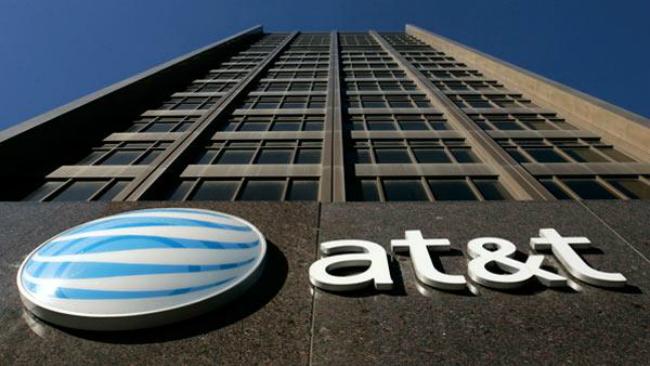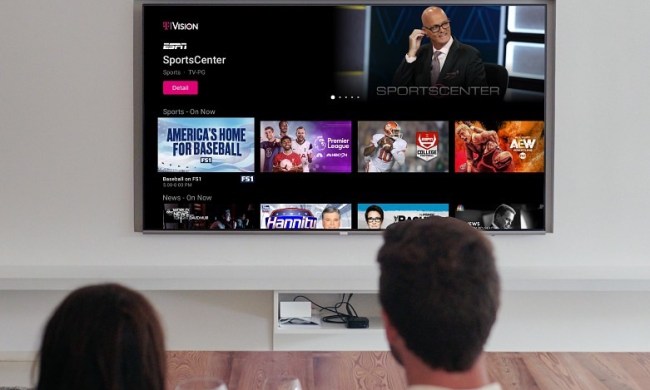
According to sources at The Washington Post, AT&T is ready to concede major aspects of the new net neutrality rules that the Federal Communications Commission (FCC) put forth earlier this year, the same rules that AT&T has strongly opposed publicly. In order for the deal to go through, AT&T will have to abide by three major mandates:
- Do not slow websites down.
- Do not prevent people from accessing competing websites.
- Do not take any payment from website operators in the hopes that they can speed up their content, thus creating an Internet “fast lane.”
It may seem obvious that AT&T would need to abide by the rules laid down by the FCC in order to continue doing business, but the company has railed against the latest round of net neutrality provisions and, as the Post reports, is currently engaged in litigation to get those provisions rolled back. Tying its multi-billion dollar acquisition to major facets of the latest net neutrality revision, however, would bind the massive telecom to the new rules, regardless of the lawsuit’s outcome.
While it appears AT&T is willing to play ball, the report points out there are contentious topics that still need hashing out, the first of which involves a viable option from the company for standalone Internet service. Part of the incentive for AT&T to buy DirecTV would be greater leverage in bundling Internet service, TV packages, and even mobile phone plans together, so the company likely isn’t wild about offering an enticing standalone product.
The Post claims AT&T currently has offered to allow for a standalone package that offers download speeds of 6 Mbps for $35, while critics want the service to provide a much better deal of 25 Mbps at $30 per month — FCC chairman Tom Wheeler has championed online streaming services like Netflix and Sling TV, which often require faster speeds for suitable streaming.
The second topic involves data caps. It has been argued that AT&T should not allow streaming from select partners to be exempt from a subscriber’s monthly data allowance, such as AT&T’s deal offering uncapped streaming for Amazon Prime Instant Video subscribers. The contention is that these practices could quell competition from other companies in the space. AT&T, however, claims such exemptions can be good for consumers — Amazon Prime members might agree with that — and won’t hinder hurt any competition.
A final decision on the DirecTV deal is expected around mid-June. Whether these topics will be resolved by then is anyone’s guess, though it is assumed AT&T’s purchase of DirecTV will eventually win federal approval.


